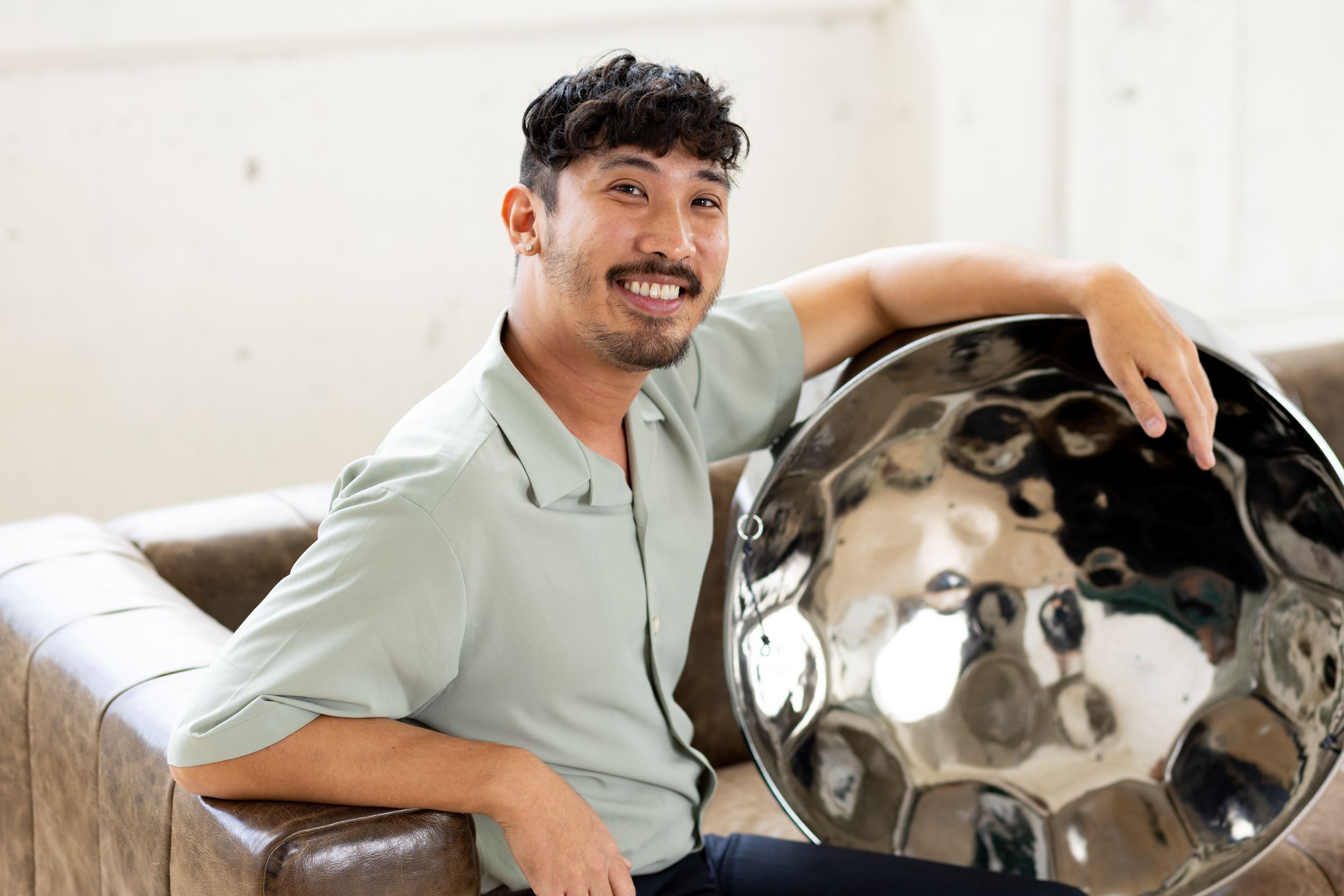

Today we’d like to introduce you to Bensen Kwan.
Bensen, we appreciate you taking the time to share your story with us today. Where does your story begin?
I have always loved music. My mom recalls that I used to bang the proverbial pot and pan when I was a toddler, but I am sure it was partly because I wanted to be like Oscar the Grouch and bang his trash cans for all of Sesame Street to hear, and the other part was just me being an obnoxious, loud, and expressive child. I eventually grew out of that phase.
At age four, I started taking piano lessons, and eventually enrolled in my middle school band as a percussionist, but not of my own volition. See, I had two older siblings who were also in band, and eventually they both became percussionists. Since they both enjoyed it so much, they “strongly encouraged” me to 1. enroll in band, and 2. enroll as a percussionist. (In reality, I had no choice. I was doing band no matter what). This turned out to be one of the best non-decisions I’ve ever made as I became extremely passionate about music, music education, and what it means to create art in today’s society, namely today’s American society.
I am extremely fortunate that music has taken me across the globe. I played steelpan in Trinidad & Tobago, studied marimba in Greece with Theodor Milkov, became an exchange student in Leipzig, Germany, and studied marimba with the legendary Keiko Abe in Japan. Moreover, in my ten years of teaching music, I am grateful to have taught students that have gone on to play in Carnegie Hall and earn scholarships for university music programs; most recently through the DACAMERA Young Artists Program, I am immensely grateful to have brought music to audiences where music education is usually inaccessible such as students of the Harris County Juvenile Probation Department, students with neurological differences at HUB Houston, and students of several HISD elementary public schools.
Music is not just about a performer-audience experience. It brings people together, invites collaboration, enriches the soul, sets a safe and welcoming environment, and elaborates on the human experience. To participate in a musical environment is to be human, and that in itself is what makes music so incredibly valuable. As time marches forward, and our lives becoming sewn tighter together with technology, we must splash ourselves with cold water and remind ourselves what makes us human, and how do we express ourselves as human beings on this planet?
These questions are why I remain a musician, teacher, and leader within this industry. To bring as many people into the arts so that we may continue to celebrate being human on this earth.
I’m sure it wasn’t obstacle-free, but would you say the journey has been fairly smooth so far?
Being in the arts industry definitely comes with great struggle. On top of intense musical training and education, musicians have to face fierce competition in order to survive the real world. Our auditions consist of tens or hundreds of applicants vying for one spot, and once attained, we are constantly evaluated by our peers, mentors, and audience members in order to keep these spots. In many cases, winning a consistent, full-time musician job is harder than getting into medical school.
Moreover, being “successful” in this industry often requires being politically correct to an unhealthy amount. You never know who exactly is watching or listening to you, and in turn, many musicians are forced to sweep their personal opinions under the rug in order to save face. Before and after a show, musicians naturally mingle with each other and audience members, and when a sensitive topic such as money and politics comes up, many musicians choose to remain impartial or refrain from speaking their true thoughts. This is not to say that I completely disagree with this “norm.” Remaining impartial allows all participants in a concert to enjoy the music for music’s sake, and in the bigger picture, it allows large donors to contribute towards bringing excellent musical experiences to the community, not a political statement. In other words, people are paying for the music, not for the musician and what they believe in. In a way, it’s the most ironic thing isn’t it? That a musician’s whole career is based on how they create sounds, and yet, we are the most silent of the general population.
This is the main struggle that I currently deal with. How shall I compromise my beliefs, career, and what my art means in different situations. My mission consists of creating meaningful musical experiences where my beliefs are at the forefront. If it means that I lose support from certain audience members, I am okay with that, but I do aim to bring people together, experience art in socially relevant and irrelevant ways, and to enrich the community with my ideas of meaningful musical experiences.
Appreciate you sharing that. What else should we know about what you do?
Currently, I am juggling a hodge-podge of jobs. I am a DACAMERA Young Artist, part-time administrator at the Houston Ballet, barista, and freelance percussionist/pianist/music educator. At the moment, I am still getting back into the groove of things as I finished my masters last year in Delaware, and moved back to Houston just over a year ago. Things are finally getting into a smooth rhythm, and I’m grateful to have slowly found work, especially within the arts industry.
Many people would “pin” me as a steelpan player and I would gladly welcome that label. The steelpan is an instrument invented from Trinidad & Tobago in which an empty oil barrel is cut, hammered, and tuned to one of the most beautiful instruments on this planet. This instrument truly changed my life and how I perceive music. It has the ability to welcome the widest audience that an instrument can as I’ve seen people ages 2 through 92 play this instrument, people who are neurodivergent play this instrument, and even children with chronic illnesses play this instrument. No matter what situation I find myself in, I am always humbled to see such a diverse group of people all in one place celebrating and jamming to this unique sound. It reminds me of why I love music in the first place – to express myself in so many colorful ways, to sing and dance to, and to work with a group to create an experience larger than our individual selves. Once music and the arts become your career, it gets really easy to treat the arts as something that should be perfected, encased in glass, and evaluated to the most miniscule degree – but us artists must constantly remind ourselves that the arts were always meant to express. That is the core value of what artists must revolve around. This is why it is a part of my mission to bring and grow the art of steelpan here in Houston – to bring yet another form of human expression.
I believe that many people would characterize me as a compassionate, thoughtful, and selfless person. I am always thinking about others, and how to help others – admittedly to an unhealthy amount oftentimes. That’s all to say, that one project that I am most proud of is leading a food drive-concert when I was in graduate school. Food insecurity is an issue that I take very personally as I grew up in a food-insecure household. I did not know when my next meal was going to be when I was in middle/high school, and frequently, school lunch was my only meal thanks to the free and reduced meal plan. In grad school, I wanted to take that experience and combat against food insecurity by organizing a food drive that would culminate to a concert that my colleagues and I would perform at to celebrate our gatherings. I was so happy to see that we collected well over 100 foodstuffs to donate to the local food-pantry. As we dropped off the donation, the food pantry workers lit up so brightly as they stated that their food pantry had been running low for quite some time. I will always remember the joy that I felt from this project, and this is the kind of joy that I seek for the rest of my musical career: combining music and serving the community in a tangible way.
We’d be interested to hear your thoughts on luck and what role, if any, you feel it’s played for you?
Although I do believe in good and bad luck, I do believe that you can control the likelihood of being in either of those lucks. An acute skill of Discernment between what “good” and “bad” means to you is key. This means following your gut instinct to surround yourself with “good” people, “good” situations, and “good” environments, and it’s this quality that has always brought good luck to me. I say “good” with quotations because we all have different perspectives of what things bring goodness to them, so it’s always a great idea to discuss with colleagues, mentors, and friends as to what things are “good,” and how it may be redifined if need be.
For example, in the summer breaks of my undergrad, I sought many educational opportunities outside of school each summer as I wanted to expand my horizon. Observing and experiencing different perspectives brings me joy! I attended an orchestral music festival in which I was able to receive musical training. Being at that festival surrounded by like-minded individuals 24/7 changed my life as I met so many new people that would eventually become life-long friends and colleagues. In fact, because I was there at that time, at that place, a colleague saw how I played, and invited me to play for his festival in California. This “checkerboard” effect allowed me to gain even more experience and networking as I befriended more colleagues from different parts of the U.S. that I would also come to create new lifelong friendships.
Even today, I am closely experiencing the effects of attending the original festival. One of my percussion mentors invited me and another student of that year to join her percussion trio, and we have just finished doing two tours: one in Arizona and one here in Houston. If I hadn’t attended that festival in the first place, none of these experiences would have happened, and my life would look completely different today. As the saying goes, being at the “right place, at the right time” is where good luck can spring, but also, if you constantly put yourself in lots of the right places a lot of the time, then you’ll come to find that good luck might knock on your door a little more often.
Contact Info:
- Website: bensenkwan.com
- Youtube: https://www.youtube.com/@BensenK
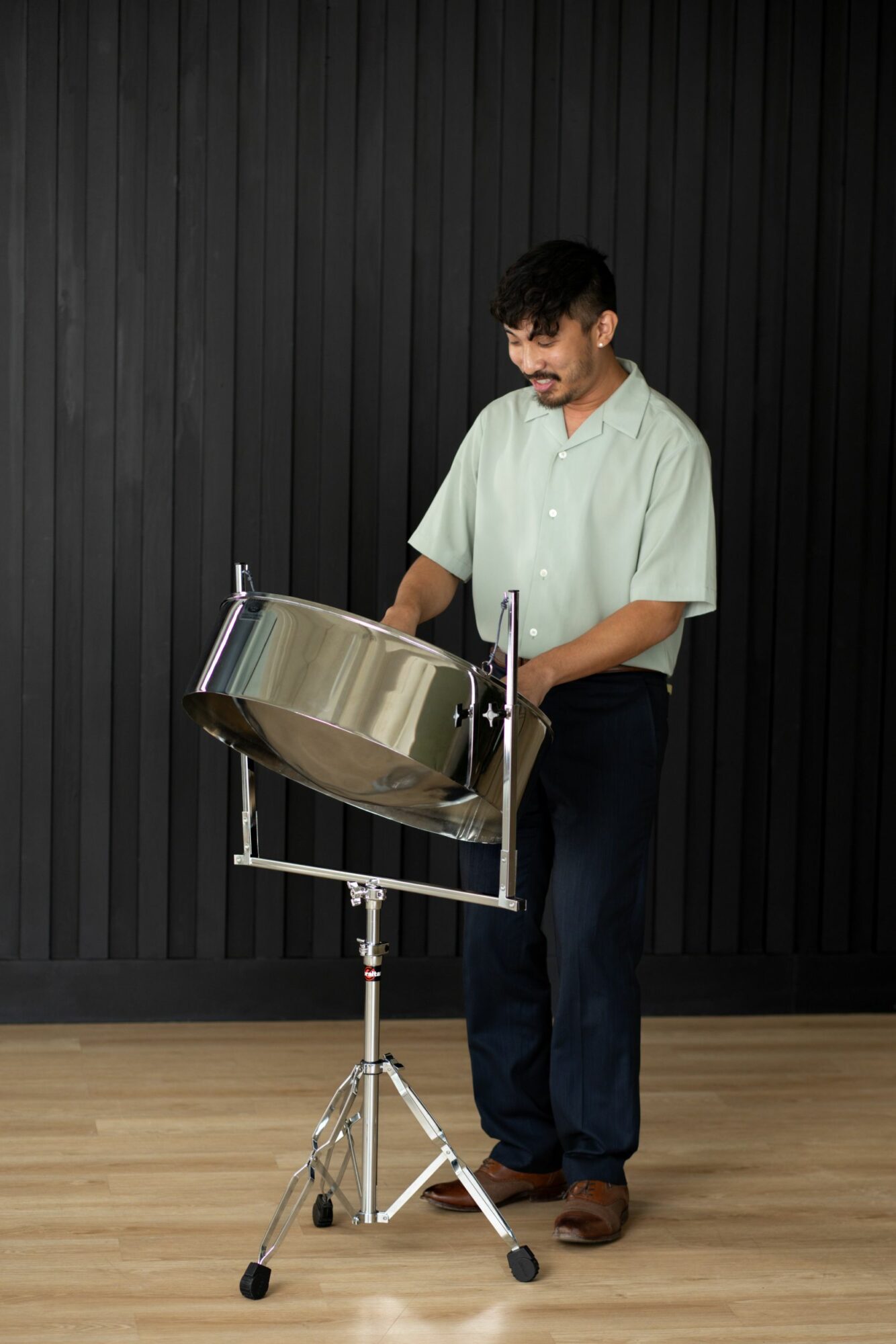
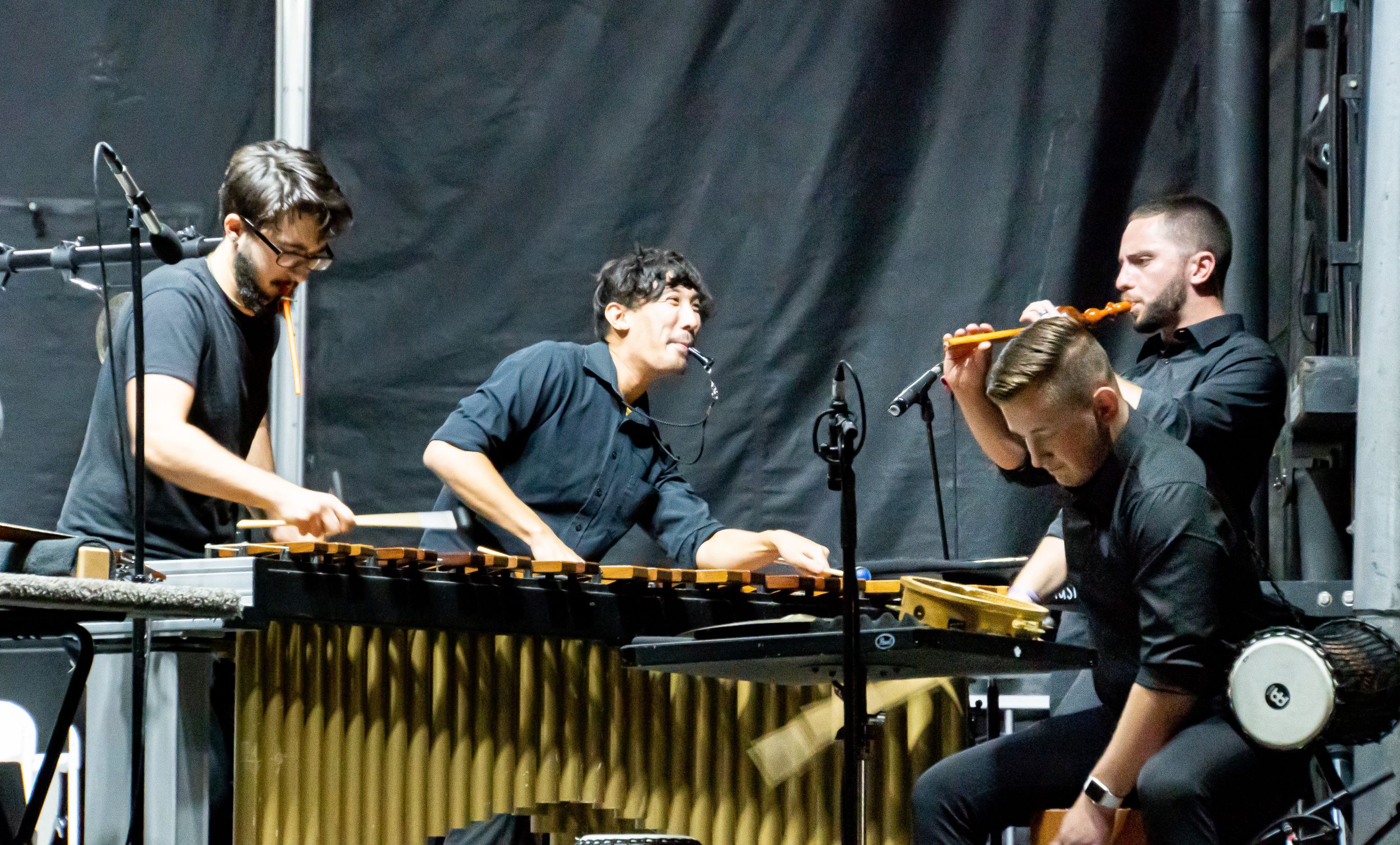
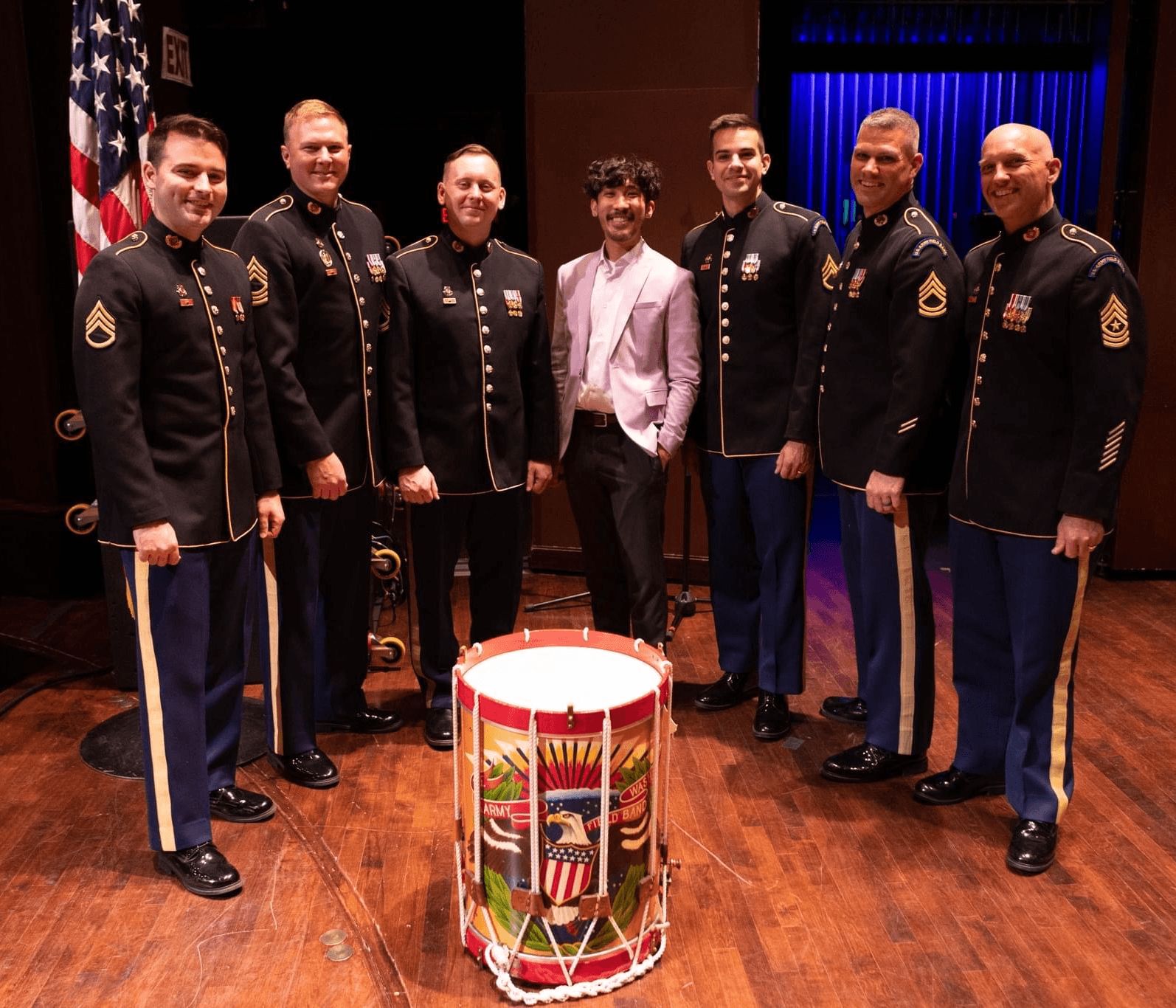
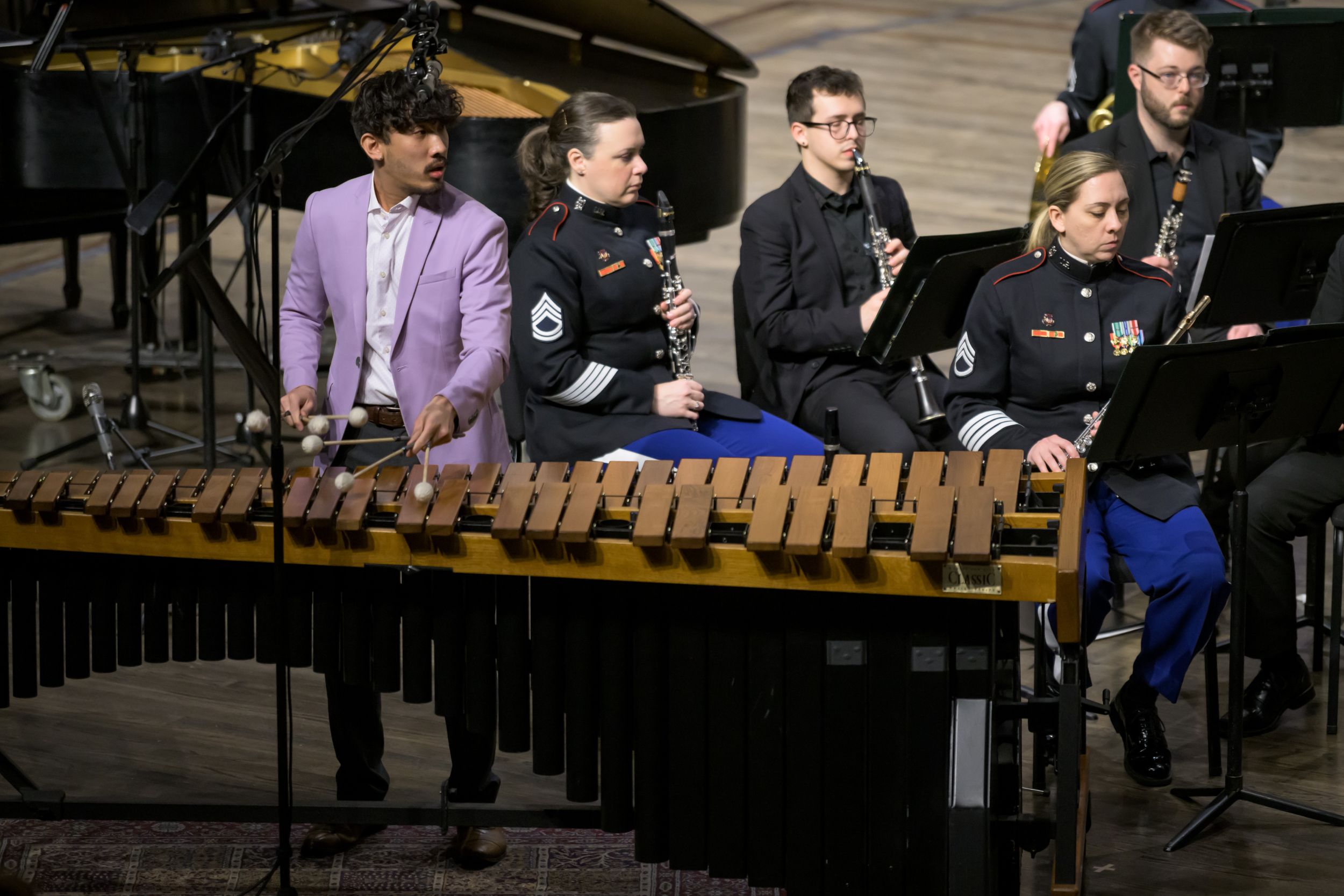
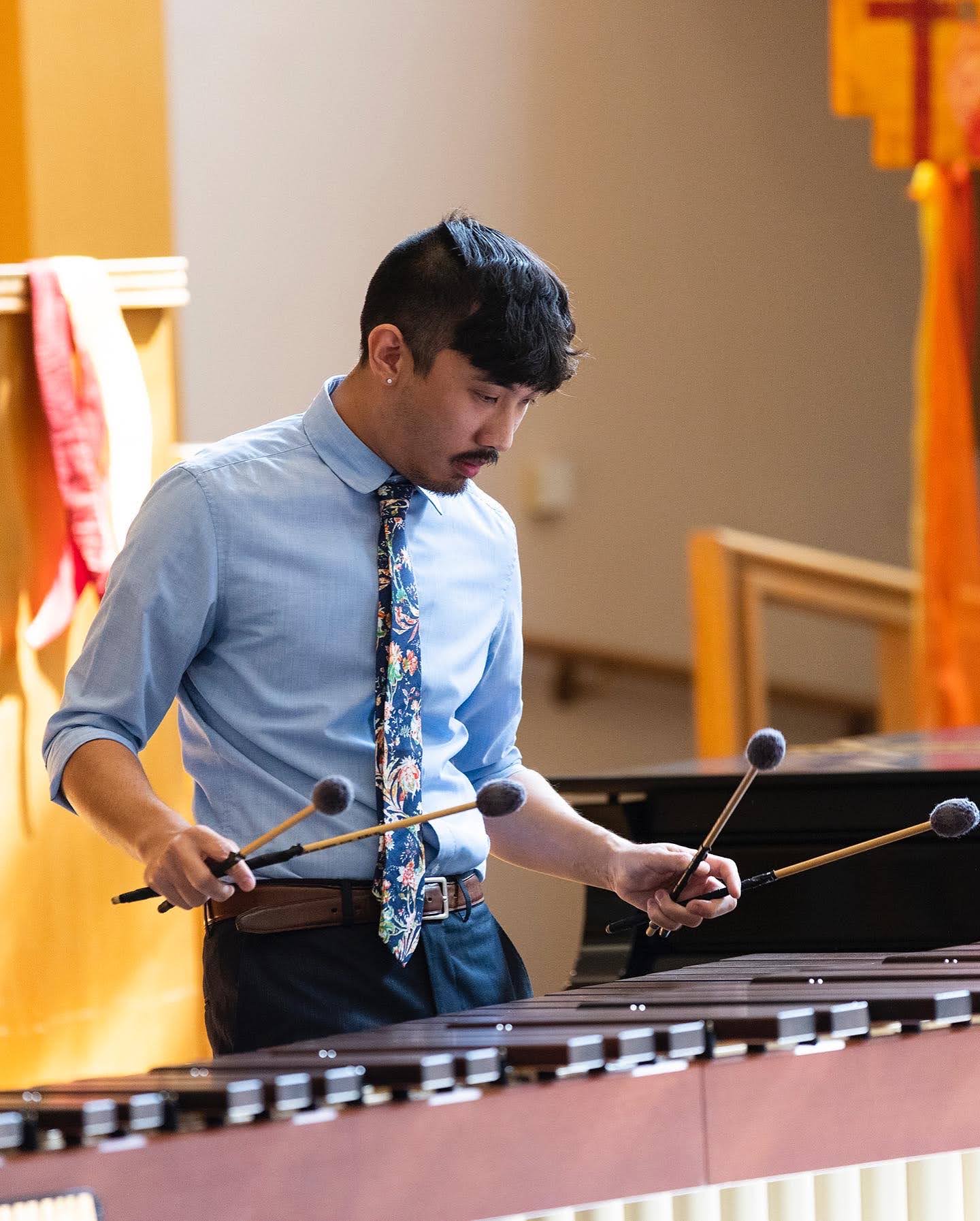
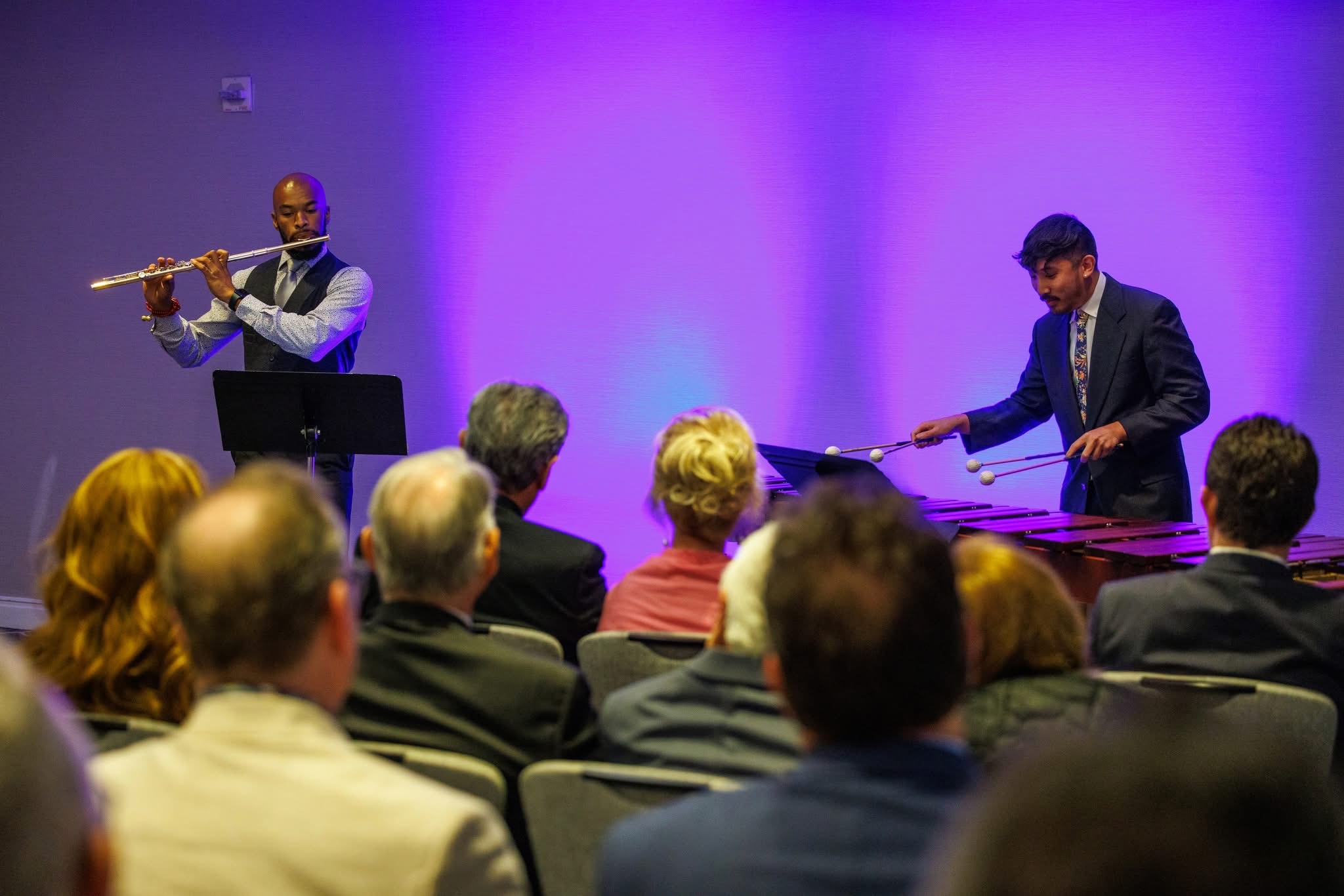
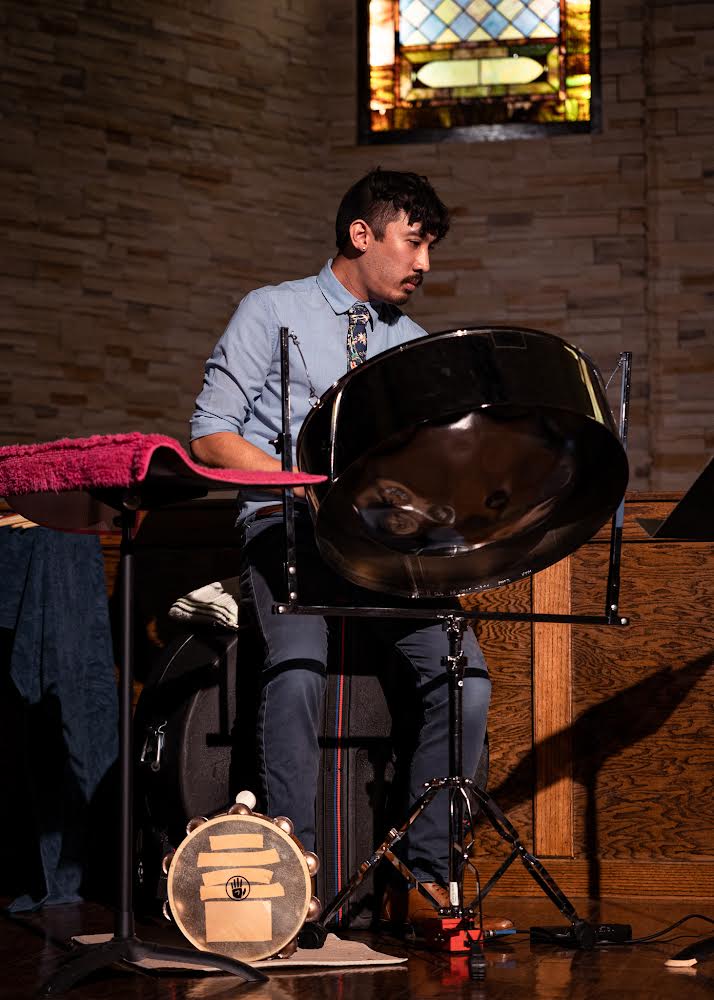
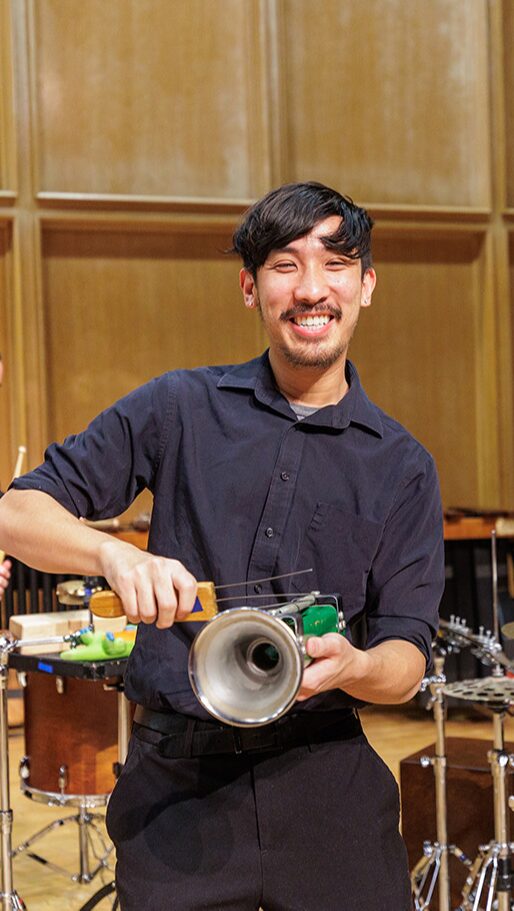
Image Credits
Monica Hindmarsh, William Muñoz, Elizabeth Queen










